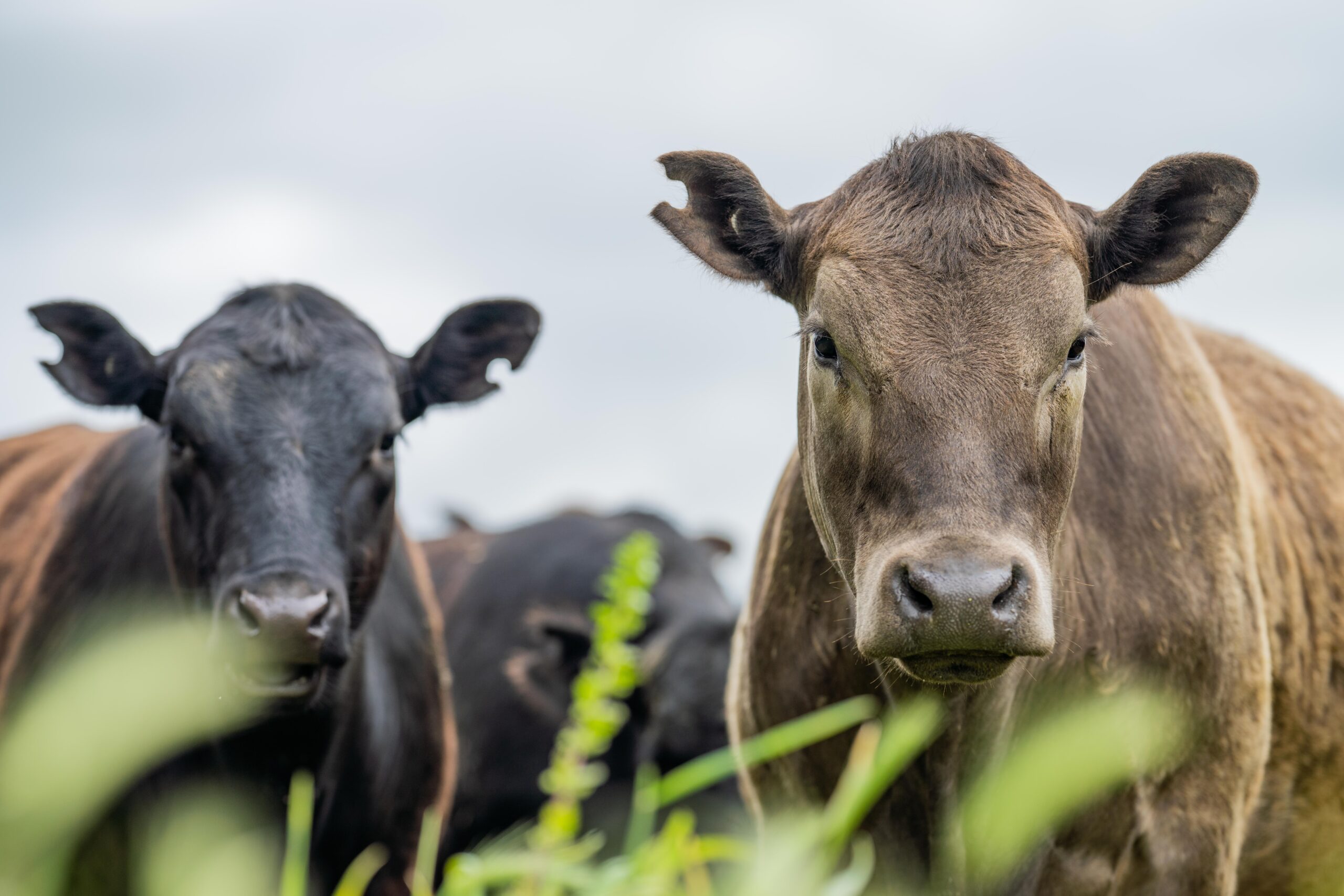Overview
Researchers
Abdul-Basit Tampuli Abukari
Lecturer, University for Development Studies
Yazeed Abdul Mumin
Senior Lecturer and Deputy Director of Academic Planning and Quality Assurance at University for Development Studies
- Country
- Ghana
- Timeline
- 01/01/2024 - 04/30/2024
- Constraints
- Information

Photo Credit: Adobe Stock
In Ghana, many small ruminant farmers raise their livestock under an extensive management system and allow their livestock to roam outdoors, freely graze, and manage their own water consumption and access to shelter [1]. This system is associated with poor livestock health resulting from stress, dehydration, and exposure to disease as well as an increased risk of animal theft. However, more direct or hands-on tracking and monitoring of animals can be mobility intensive, which can favor youth and might exclude women from participation due to the need to remain close to the household.
Recognizing these challenges, several companies are at the forefront of developing innovative services that leverage Radio-Frequency Identification technology (RFID) and mobile applications to digitally monitor the location and health of livestock.
For this proposal development grant, researchers surveyed Ghanaian livestock producers to understand their experiences with these technologies. Additionally, researchers explored partnerships with these technology companies to potentially lay the groundwork for a future randomized evaluation. Researchers interviewed company leaders, farmers using RFID neck collars and rumen boluses, and non-users across several regions to understand the feasibility and impact of these services.
While farmers expressed interest in livestock tracking if costs were lower, both major providers reported high operational expenses and are not currently expanding or seeking new clients. As a result, the team has decided not to pursue further evaluation.